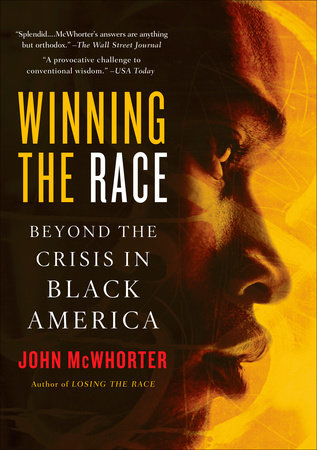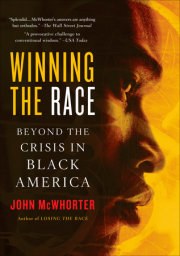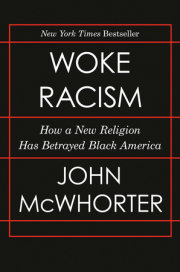Winning The RaceIntroduction
TRACING IT
Chapter One
The Birth of the Inner City: The Conventional Wisdom
Chapter Two
The Birth of the Inner City, Part One: Indianapolis
Chapter Three
The Birth of the Inner City, Part Two: The Saga
Chapter Four
Why Are You Talking About Blacks on Welfare?
FACING IT
Chapter five
The Meme of Therapeutic Alienation: Defined by Defiance
Chapter Six
What About Black Middle-Class Rage?
Chapter Seven
What About the View from the Ivory Tower?
ERASING IT
Chapter Eight
Therapeutic Alienation Meets Hitting the Books: "Acting White" and Affirmative Action Revisited
Chapter Nine
The "Hip-Hop Revolution": Therapeutic Alienation on a Rhythm Track
Chapter Ten
Therapeutic Alienation as a Plan of Action? New Black Leadership for New Negroes
Chapter Eleven
Conclusion
Appendix
Notes
Acknowledgments
Index












